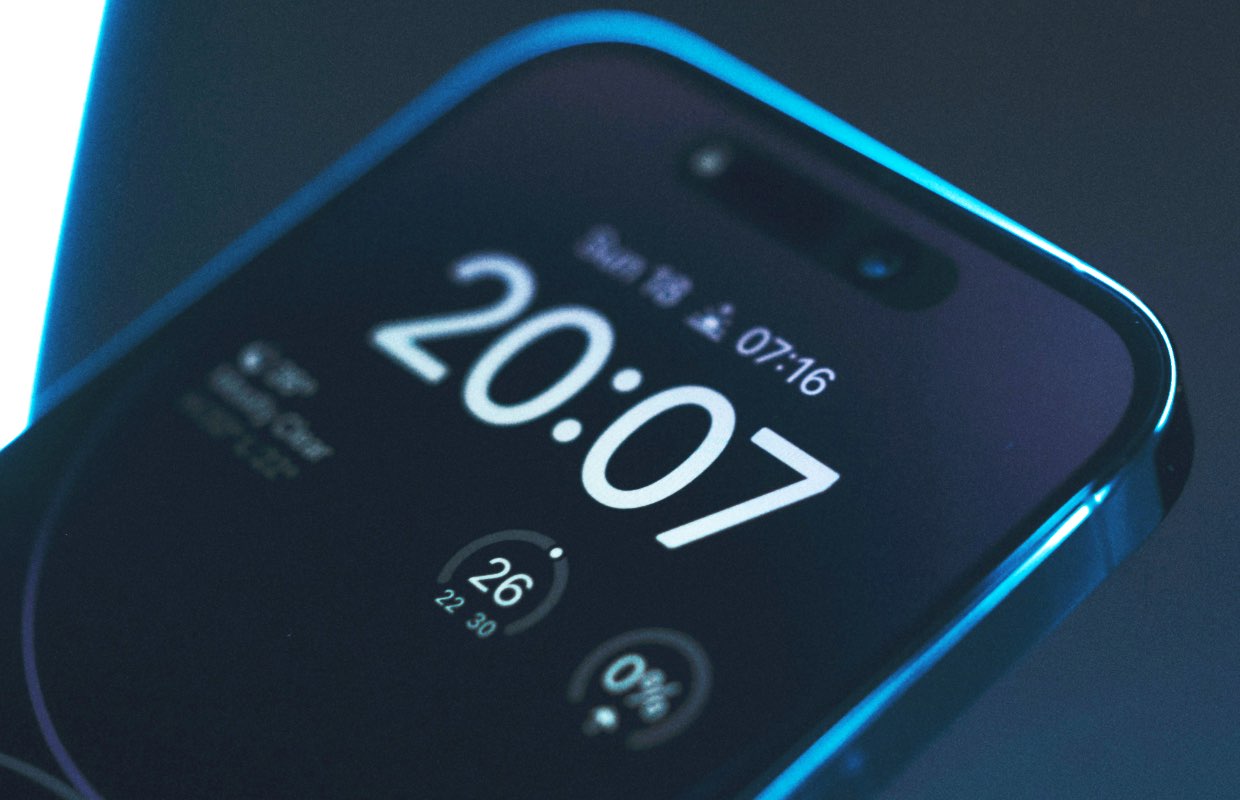‘Corrective tap’ has the same effect on brain as severe assault
Image: Getty Images
Since 2007, a ‘corrective tap’ has been regarded as child abuse in the Netherlands. And guess what? Such a slap can affect a child’s brain development just as much as serious abuse. This is shown by research from Harvard University.
Research
Harvard University studied a large group of children between the ages of 3 and 11, including 147 children aged 10 and 11 who received the occasional corrective tap. During the study, they were shown images of anxious and neutral facial expressions, while brain activity in the prefrontal cortex was measured. Cognitive and emotional functions are controlled in this brain region. What seems? The children who received the occasional corrective slap reacted much more strongly to these fearful facial expressions. Striking: there was no difference between the stress response of children who received an occasional corrective tap and children who were regularly physically abused.
Also read: The teacher: ‘In my impotence I do something that is not possible: I give Beer (10) a tap’
Eye opener
The researchers explain: “It is important to remember that not all children respond the same to a corrective tap. But the main message is that a corrective tap increases the risk of developing problems in children. Parents and policy makers need to make sure it happens less.” Harvard hopes with this research to make clear that a corrective tap is really harmful to a child. It falls under violence and can also have a major impact later in life. It has been known for some time that children who occasionally get a tick are more likely to develop anxiety, depression, behavioral problems and other psychological problems later on.
Source: Harvard
With a subscription to Kek Mama you enjoy great benefits:
* Cheaper than in the store
*Read Kek Mama first every month
*Free shipping
Subscribe now and pay only €4.19 per edition.



